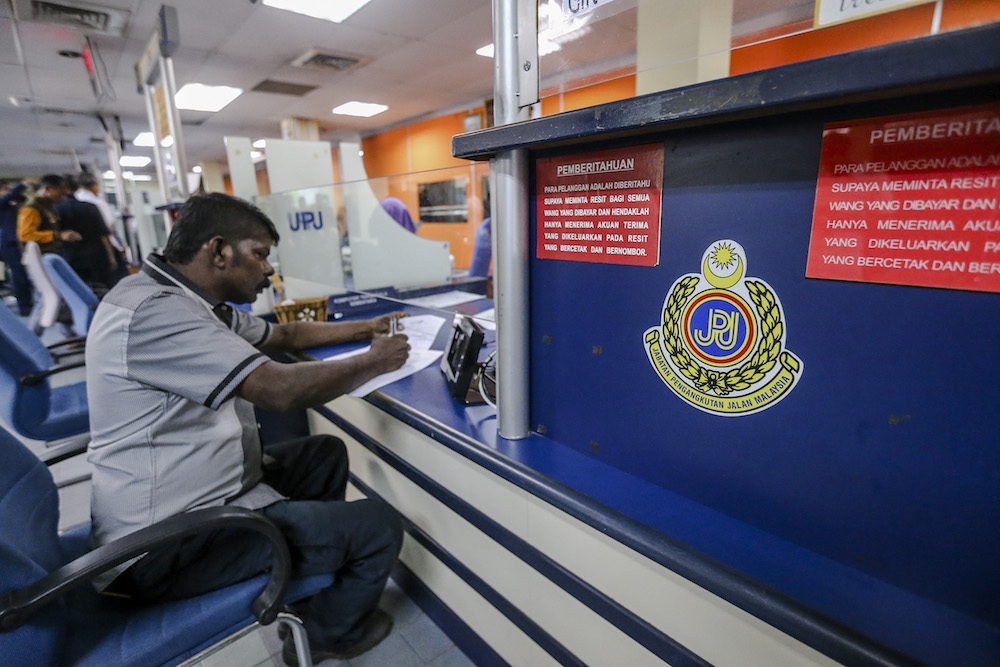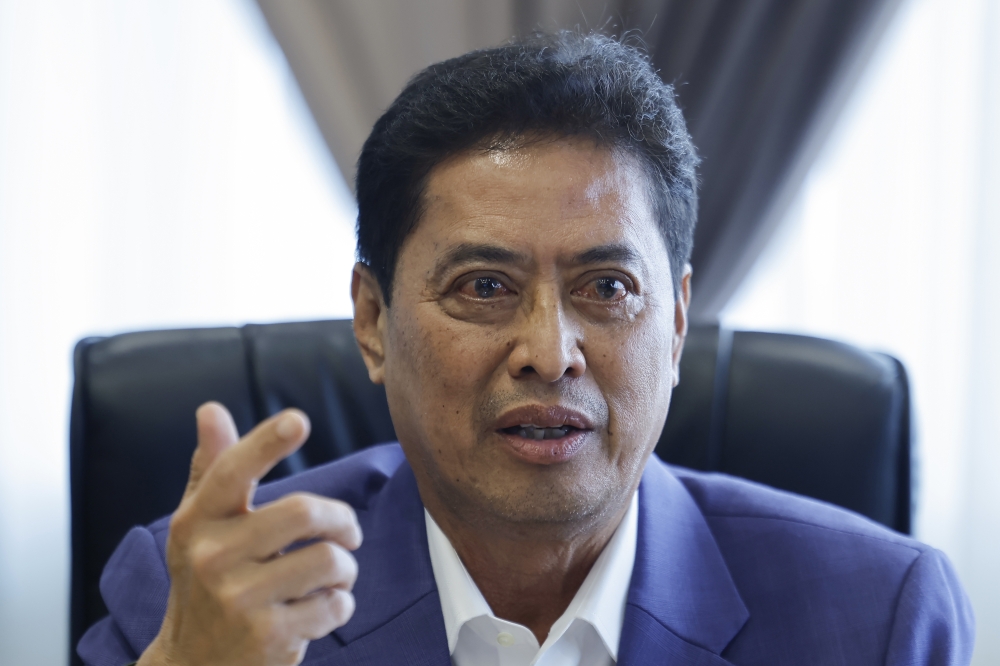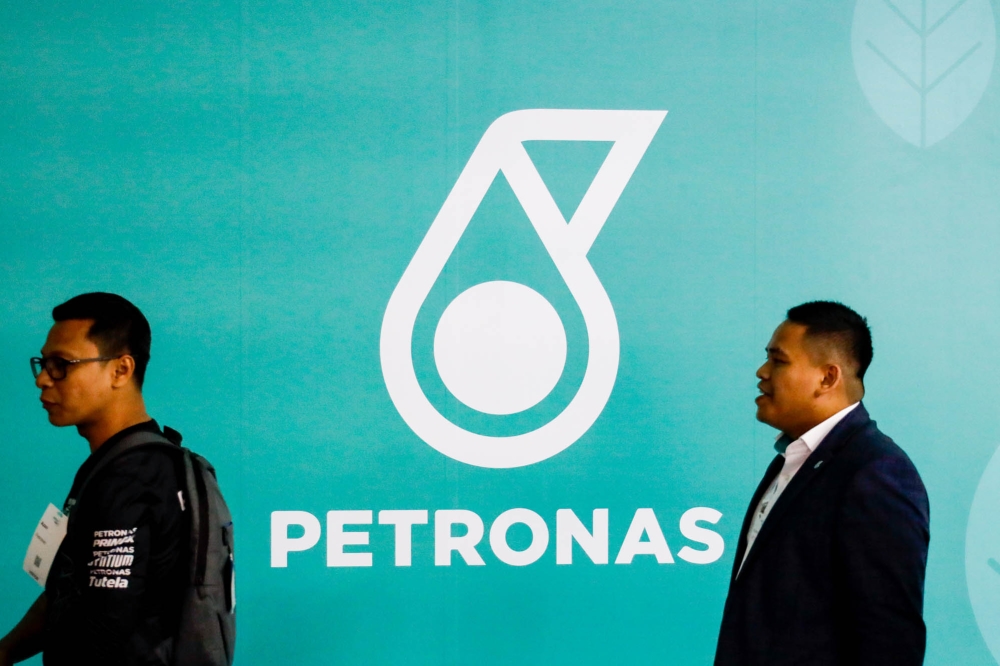KUALA LUMPUR, Oct 13 — Malaysia's forthcoming budget for 2024 unveils a notable reduction in the nation's dependence on petroleum-derived revenues, with the figure poised to shrink by 13.8 per cent to RM64 billion.
Based on the Ministry of Finance's Fiscal Outlook and Federal Government Revenue Estimates 2024 report released today, this represents merely 3.2 per cent of the country's gross domestic product (GDP).
This substantial dip in petroleum-related income can be attributed to several factors, including dwindling foreign investments and a less substantial annual dividend from the staet oil and gas giant Petroliam Nasional Bhd (Petronas).
In the year 2024, it is anticipated that Petronas will contribute approximately RM32 billion, while Bank Negara Malaysia (BNM) estimates this figure to be RM3 billion higher. Consequently, the overall earnings from petroleum sources are predicted to fall short of the 2023 figures, amounting to RM61.8 billion or 3.1 per cent of the GDP, in comparison to the RM69.8 billion or 3.8 per cent of the GDP recorded in 2023.
This decrease in petroleum-derived revenue persists despite the global crude oil prices experiencing an upward trend.
To put this in perspective, 2023 has seen a gradual shift away from petroleum-based taxes and kickbacks, with collections from this sector making up only 23 per cent of the overall revenue, down from 28 per cent in the previous year. This realignment aligns with the government's strategic efforts to mitigate the country's reliance on petroleum-driven income streams.
One contributing factor to this decreased reliance in 2023 is the ongoing downward pressure on crude oil prices.
Non-petroleum revenue streams are slated to climb to 77 per cent, as opposed to the 72 per cent recorded in 2022.
With this shift, the government is expected to amass an impressive RM233.4 billion in revenue, a significant leap from the RM211.9 billion reported in 2022. These projections signify a crucial economic transition, emphasising Malaysia's commitment to diversify its revenue streams and minimise dependence on petroleum-derived income in the coming fiscal year.
The government's direct taxes are expected to increase by 6.9 per cent to RM185 billion or 75.9 per cent of the total tax collections for 2024. Individual taxes will contribute RM42.5 billion while the corporate income tax (CITA) will contribute RM106.4 billion.
The increase in CITA taxes is attributed to better company performances and the government's efforts to audit them. Individual taxes will increase by 6.9 per cent while petroleum income tax (PITA) is estimated to be around RM21.7 billion due to the price of a barrel of oil stabilising at RM85.
Further bolstering the government's direct tax revenue, an additional RM8.6 billion is anticipated from stamp duties on land sales. These figures underscore a discernible shift in the government's reliance on non-petroleum-based revenue sources, a trend that has been gaining traction since 2022.
Meanwhile for the year ending 2023, indirect taxes are projected to increase by 4.7 per cent, reaching RM58.6 billion, predominantly driven by the sales and services tax (SST). Looking ahead to 2024, SST is expected to make a significant contribution, amounting to RM35.8 billion or 1.8 per cent of the GDP.
Sales tax is predicted to bring in RM18.3 billion, while service tax is estimated to contribute RM17.5 billion. Notably, excise taxes will further enhance the indirect tax revenue, generating RM13.6 billion, driven by higher import costs for cigarettes and products like liquid and nicotine gel used in vaping.
In the broader context of government revenue, 2023 is anticipated to see a substantial increase, with the government eyeing a total of RM303.2 billion, equivalent to 16.4 per cent of the GDP.
This represents a three per cent surge when compared to 2022, primarily fueled by the surge in tax collections, which are projected to reach RM229 billion or 12.4 per cent of the GDP. In tandem with this, non-tax revenue is also on an upward trajectory, with expectations that it will reach RM74.2 billion, making up four per cent of the GDP.
This underscores the government's diversified approach to revenue generation, minimising its dependency on petroleum-related sources and bolstering its fiscal resilience.


















